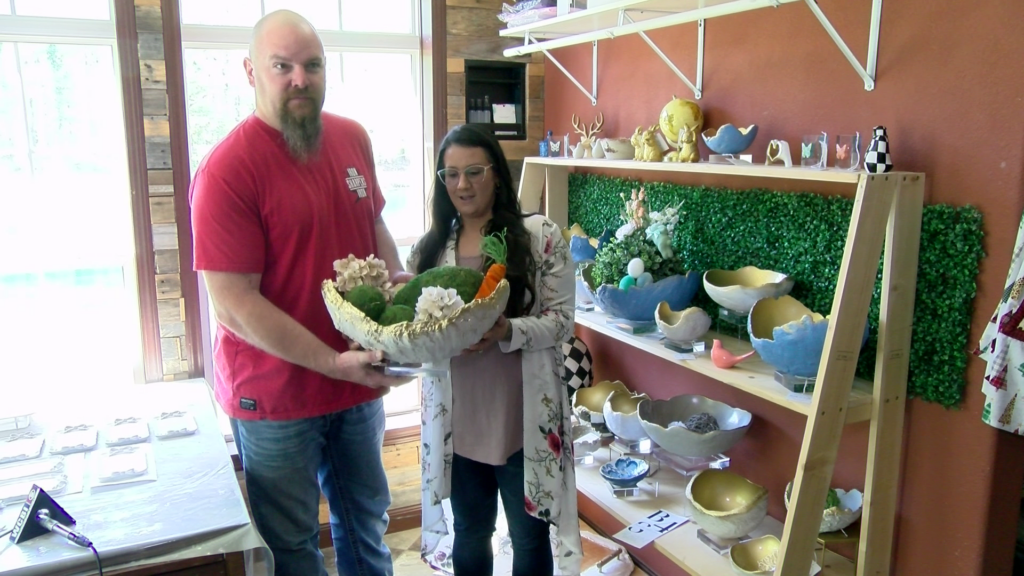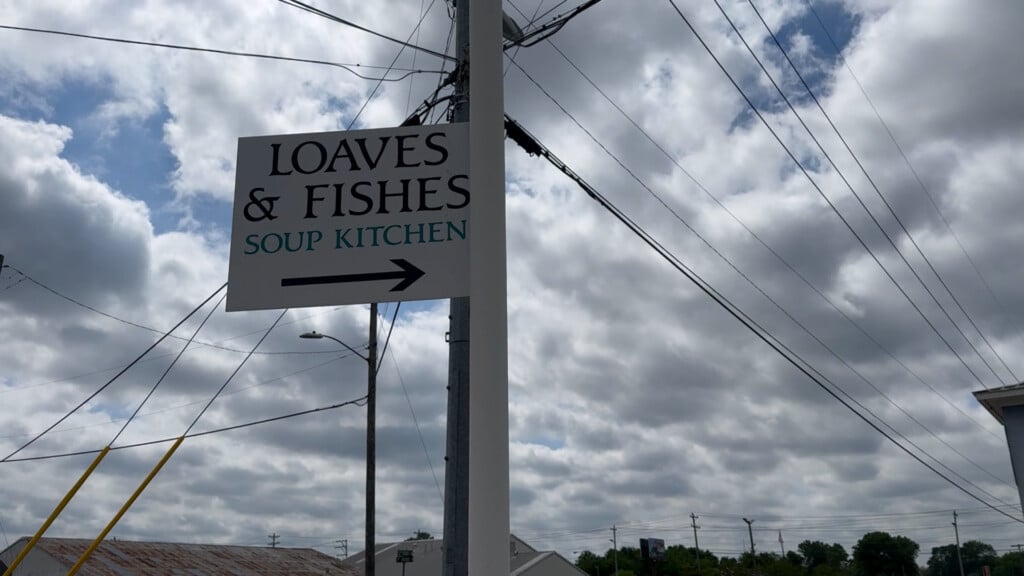Why nobody is escaping through Syria's “humanitarian corridors”
DAMASCUS — Aid trucks are standing by, but humanitarian corridors remain empty despite a U.N. ceasefire that’s been ignored and daily “pauses” in the fighting announced by Russia. As CBS News correspondent Seth Doane reports from the Syrian capital, the need is there, but ongoing fighting and fear have prevented people from getting out of the battered eastern Ghouta suburbs, and prevented aid from getting in.
Both sides are accusing the other of thwarting efforts to make the humanitarian corridors work.
Doane, standing on the government-controlled side of one of the four established humanitarian corridors, says the government of Syria insists rebels inside eastern Ghouta are using some civilians there as human shields, and continuing to bomb or target these humanitarian crossings. The rebels, on the other hand, accuse the government of making it difficult for them to cross. They say activists worry they will be arrested as they arrive.
It is impossible for CBS News to get into the rebel-held suburbs of eastern Ghouta, where a mix of militant groups and thousands of civilians are surrounded by Syrian government forces and allied militia. The area is under siege, so we reached Dr. Sakhr, who is still trying to heal people amid the carnage, by phone.
“The situation in Ghouta — it’s a catastrophic,” he told Doane. He said half of the hospitals in Ghouta are out of service. His was bombed and now he’s doing surgeries underground.
Asked what the most difficult aspect of his work is now, Sakhr said, “everything.”
“There is a shortage in food, shortage in medicine, shortage in everything,” the doctor said.
Meanwhile, those “humanitarian corridors” — designed to allow aid in and people out — remain empty. We asked Sakhr why he doesn’t leave.
“I want freedom in home. I don’t want to go out. Go where? It’s my home!”
© 2018 CBS Interactive Inc. All Rights Reserved.





Leave a Reply